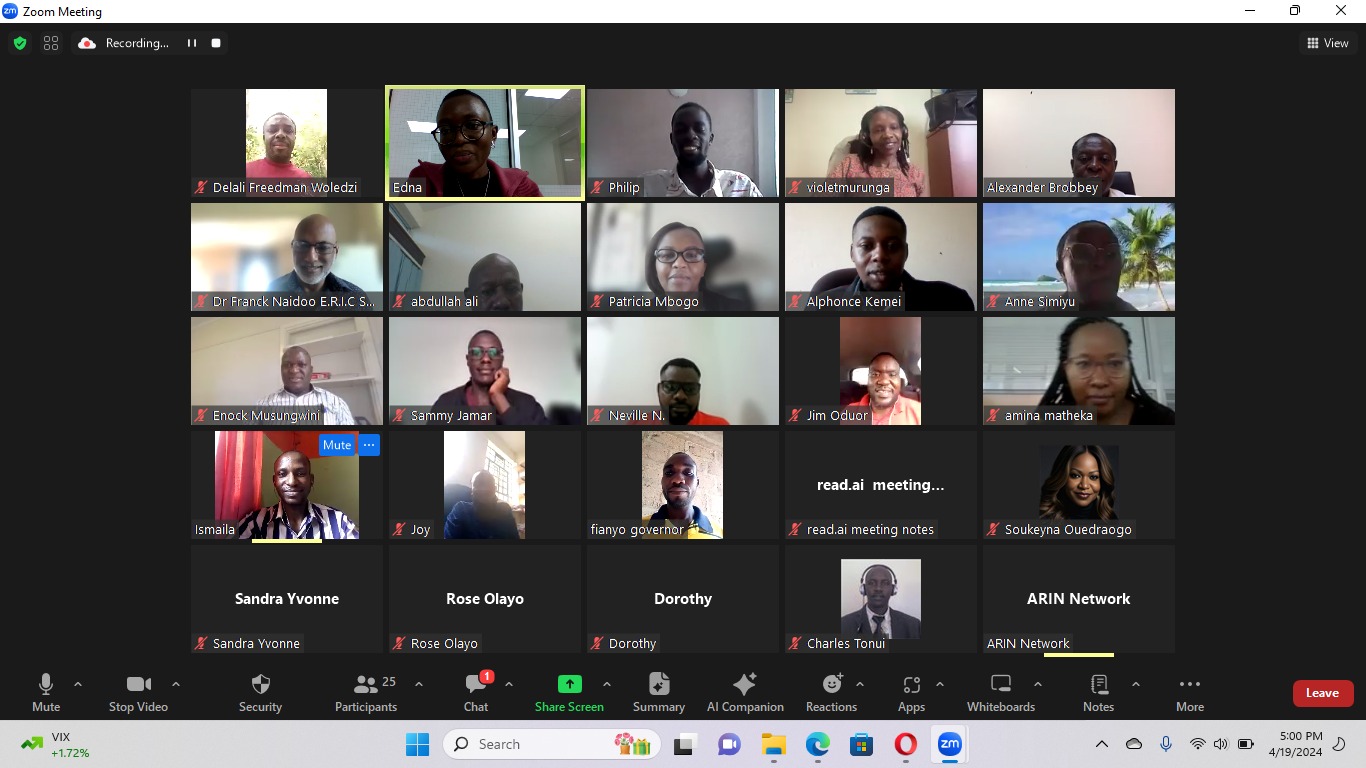News

Anglophone Africa Learning Together to Advance Evidence and Equity in Policy-making for Achieving SDGS (LEEPS) Hub, a partnership of the African Institute for Development Policy (AFIDEP), the Africa Research and Impact Network (ARIN), the African Institute for Health Policy and Health Systems (AIHPHS), and the School of Women and Gender Studies (SWGS) at the Makerere University is holding an Evidence-Informed Policymaking training using a systematic approach session of over 200 researchers and policymakers in 36 African countries.
Evidence has an important role in improving policy, programme and practice decisions that ultimately improve development effectiveness.
However, the use of evidence in decision-making remains sub-optimal due to bottlenecks across the individual, systemic and Institutional levels.
These include the weak relationships between the decision-makers and producers of evidence; politics and interests; limited mechanisms and processes that facilitate regular sharing and ease of access amongst other factors.
Responding to these issues, the two-week training (April 8 to 19, 2024) aims to promote the research synthesis/uptake and knowledge translation for informed decision-making process.
According to Dr Leyla Abdullahi, Senior Research and Policy Analyst at the African Institute for Development Policy (AFIDEP), the virtual 2-hour daily course is designed to cater for participants who will complete systematic reviews following a 6-month mentorship.
Specifically, the workshop seeks to build the evidence synthesis and knowledge translation skills for researchers on evidence informed decision-making while providing information, advice, and mentorship on evidence synthesis.
Sandra Y. Oketch, Research and Policy Associate, AFIDEP, indicated that the workshop aims to ensure that participants are grounded in empirical evidence rather than ideology or personal biases.
In addition, by using evidence informed policy making, governments can increase the transparency and accountability in the decision-making processes and therefore better allocation of resources and an enhanced public trust.

